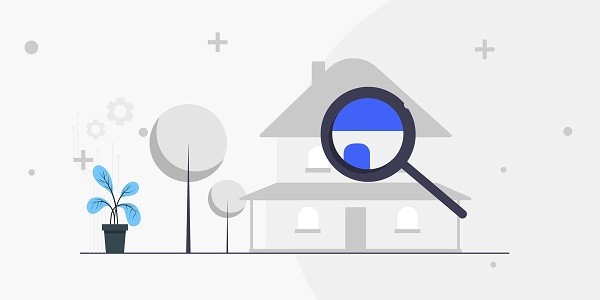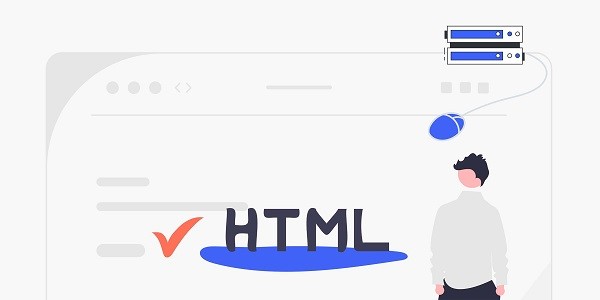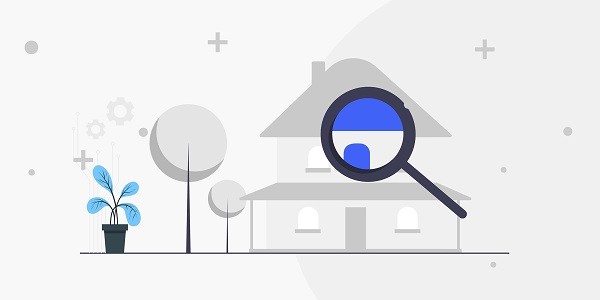What is "data from the website"?"Data from Website" refers to structured or unstructured information extracted from public pages on the Internet through technical means, including text, pictures, prices, comments, etc. This type of data is widely used in market analysis, competitive product research, public opinion monitoring and other fields. However, directly accessing the website to obtain data often faces obstacles such as anti-crawling mechanisms and IP bans. At this time, proxy IP services become key tools, such as IP2world's dynamic residential proxy and static ISP proxy, which can effectively bypass restrictions and ensure the stability and efficiency of data collection. Why do you need to get data from the website?Data has become the core driving force of modern business decision-making. By analyzing website data, companies can track market trends, optimize pricing strategies, monitor brand reputation, and even train AI models in real time. For example, e-commerce platforms need to capture competitor prices to dynamically adjust their own strategies, while academic research may rely on information integration from public databases. However, high-frequency access can easily trigger website protection mechanisms, resulting in IP being blocked or requests being rejected. The traditional single IP collection model can no longer meet the needs, and the distributed proxy IP solution has become the industry standard. How to obtain website data efficiently?1. Choose the right type of proxyDynamic residential proxy: It simulates natural access behavior by rotating the IP addresses of real user devices. It is suitable for scenarios that require high anonymity (such as social media monitoring).Static ISP proxy: provides a fixed IP address, strong stability, and is suitable for long-term tasks (such as API interface calls).S5 proxy: supports SOCKS5 protocol, has strong compatibility, and can be seamlessly integrated into the crawler framework.2. Optimize request frequency and header informationControl the request interval to avoid triggering anti-crawling rules; simulate the User-proxy and Cookie information of real browsers to reduce the risk of being identified as machine traffic. IP2world's unlimited server proxy can support large-scale concurrent requests while ensuring flexibility in resource allocation.3. Handling dynamic content and verification codesFor pages rendered with JavaScript, you need to combine headless browsers (such as Selenium) or pre-rendering services; if you encounter a verification code, you can crack it through a third-party recognition service or a manual coding platform. Exclusive data center proxies perform well in such high-load tasks because they have exclusive bandwidth resources and faster response speeds. How does proxy IP improve data collection efficiency?The core value of proxy IP is to disperse the source of requests and reduce the probability of being blocked. Taking IP2world's dynamic residential proxy as an example, it covers tens of millions of real residential IPs around the world and supports on-demand switching to ensure that each request appears to come from different regions and different devices. This distributed architecture not only improves the success rate of collection, but also bypasses geographical restrictions to obtain content in specific areas (such as localized pricing information). In addition, static ISP proxies are suitable for scenarios that require long-term stable connections, such as monitoring website content updates, due to their high availability. As a professional proxy IP service provider, IP2world provides a variety of high-quality proxy IP products, including dynamic residential proxy, static ISP proxy, exclusive data center proxy, S5 proxy and unlimited servers, suitable for a variety of application scenarios. If you are looking for a reliable proxy IP service, welcome to visit IP2world official website for more details.
2025-04-22





